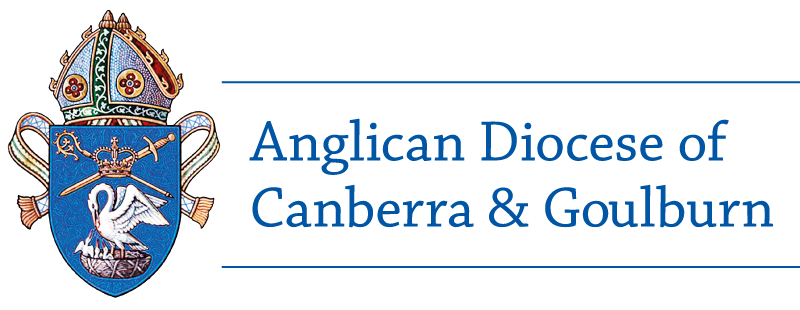A pandemic can shake us up and disturb our equilibrium. The recent challenges of the COVID-19 global pandemic have raised acute existential questions for individuals and institutions. A question arises for disciples of Christ, whether in the churches, politics, welfare, education, business, family or any walk of life. I have wondered how we might answer the question: what have you done with your solitude? It may sound an odd question but it arises out of the so called ‘social distancing’ and enforced isolation of people and communities. For some this is a deeply anxious time for all manner of reasons. Quite a number experience this as a time of increased loneliness; something very different from being alone. We can be alone but not lonely. We can be immersed in social relations (in family, work or elsewhere) but still be extremely lonely. Solitude is a kind of intentional aloneness; a way of being that purposefully cultivates habits of being present to self, God and others. Solitude can be restorative and energising. In a recent edition of The Economist an article examines contemporary writings on loneliness, aloneness and solitude. The author highlights the interesting interplay between these three dimensions, and how they might be relevant during times of isolation.[2]
The author notes that ‘the human instinct to socialise has always been balanced by an urge to withdraw into solitude’. It was Aristotle who referred to solitude as ‘the bird which flies alone’. The writer quotes from the poet John Clare’s poem on solitude: ‘O thou soothing solitude/From the vain and the rude.’ The British writer John Cowper Powys comments that it is ‘only the cultivation of interior solitude, among crowded lives, that makes society bearable’.[3] David Vincent notes that the rise of modern technology is both a blessing and curse, having on the one hand introduced us to ‘networked solitude’ yet on the other hand made it more difficult to enjoy the benefits of solitude. As he notes, distraction is only a click away! A surveillance culture is hard to escape from and solitude is an endangered species. The author comments that the ‘lockdown’ and associated social isolation has put the question of solitude ‘at the heart of politics’. On the one hand, it has highlighted the tragedy of those dying alone, while for others it has proved a ‘strange blessing’.
In the same volume of The Economist one letter to the editor reflects on the way leaders responded to the Plague of Athens (430 BCE). The writer draws attention to the remarks of Thucydides regarding the behaviour of the leaders of Athens at the time who ‘stopping at nothing in their struggles for ascendancy’, care little for the good of the state ‘but making party caprice of the moment their only standard’.[4] He adds in words that ring true for today that ‘In this contest the blunter of wits were most successful’.
Perhaps solitude prized by ancient and modern-day religious communities, and the religious traditions of personal devotion, have much to teach a busy and anxious society and its leaders. Perhaps those who have struggled and made friends with their aloneness, and have entered into the gift of solitude, have a resource to offer others in their loneliness. One practical consequence can be observed in the non-anxious person, especially leaders, who do not mask their own insecurities by appeal to well-worn phrases and endless spin but genuinely attend to the tough realities that people face. This capability emerges from the encounter with one’s own loneliness, experience of isolation and aloneness and the more fruitful and character-building journey into solitude.
The Christian tradition, its Scriptures and practices offer important clues for cultivating the habit of solitude. Pre-eminently Jesus was one who actively sought /times of aloneness and cherished solitude. ‘And after he had dismissed the crowds, he went up the mountain by himself to pray. When evening came, he was there alone’ (Matthew 14:23). This practice proved essential for the renewal of his energy, composure and purpose as one ‘who came not to be served but to serve, and to give his life a ransom for many’ (Mark 10:45). Evidently solitude is embedded in the very heart of God.
by Bishop Stephen Pickard
1. A longer version of this article will be published in the September issue Eremos.
2. For reviews of two such works see The Economist, May 2-8, 2020, pp.
66-68, wherein the writer cites (a) Fay Bound Alberti, A Biography of
Loneliness, OUP, 2020 and (b) David Vincent, A History of Solitude, Polity
Press, 2020.
3. The Economist, p. 66.
4. The Economist, p. 12.

